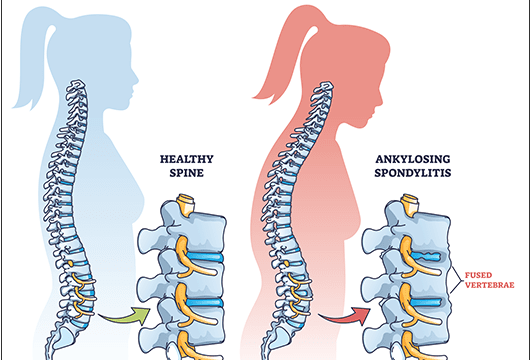Per- and polyfluoroalkyl substances (PFAS) have emerged as a concerning class of chemicals with wide-ranging impacts on human health and the environment. Recent research has shed light on the potential link between PFAS exposure and various health conditions, including ulcerative colitis, a chronic inflammatory bowel disease. In this article, we will explore the connection between PFAS and ulcerative colitis, emphasizing the role of the gut microbiome and PFAS exposure in this complex relationship.
Understanding PFAS
PFAS are a group of synthetic chemicals used in numerous industrial and consumer products, such as non-stick cookware, waterproof textiles, and firefighting foam. One of the most troubling aspects of PFAS is their persistence in the environment and the human body. These compounds are extremely resistant to degradation, earning them the nickname “forever chemicals.” They can accumulate in the environment and, when ingested, accumulate in the human body, potentially leading to adverse health effects.
PFAS and Ulcerative Colitis
Ulcerative colitis is an autoimmune disorder characterized by chronic inflammation of the colon and rectum. While the exact cause of this condition remains unclear, recent studies suggest that environmental factors, such as PFAS exposure, might play a role in its development and exacerbation.
Several studies have shown a correlation between elevated PFAS levels in the blood and an increased risk of developing ulcerative colitis. This connection is particularly concerning because PFAS compounds are ubiquitous in our daily lives, making exposure a widespread issue. Researchers are actively investigating the mechanisms underlying this relationship, and one area of focus is the gut microbiome.
The Gut Microbiome and PFAS Exposure
The gut microbiome is a complex ecosystem of trillions of microorganisms that inhabit the human digestive tract. It plays a vital role in maintaining overall health, including immune system function and digestion. Emerging research has suggested that the gut microbiome may be a key player in the development of ulcerative colitis and could be influenced by PFAS exposure.
- Inflammation and Dysbiosis: PFAS exposure can disrupt the balance of the gut microbiome, leading to a condition known as dysbiosis. Dysbiosis is associated with an increased risk of inflammatory bowel diseases like ulcerative colitis. PFAS compounds may alter the composition of gut bacteria, favoring the growth of pro-inflammatory microbes while suppressing beneficial ones.
- Immune System Modulation: PFAS exposure may also affect the gut-associated lymphoid tissue (GALT), which is a key component of the immune system in the digestive tract. Dysregulation of the GALT due to PFAS exposure can contribute to inflammation and potentially trigger autoimmune responses seen in ulcerative colitis.
- Barrier Function: The gut microbiome is crucial in maintaining the integrity of the intestinal barrier, preventing harmful substances from crossing into the bloodstream. PFAS may disrupt this barrier function, allowing harmful agents to enter the bloodstream and provoke immune responses, potentially leading to inflammation and ulcerative colitis.
The link between PFAS and ulcerative colitis is a subject of ongoing research and concern. While more research is needed to establish a definitive causal relationship, the evidence suggests a significant connection between PFAS exposure and the development or exacerbation of ulcerative colitis. The role of the gut microbiome in this relationship is particularly intriguing, as it offers a potential avenue for prevention and treatment strategies.
Reducing PFAS exposure is a critical step in addressing this issue. Consumers and policymakers should consider limiting the use of PFAS-containing products and implementing regulations to curtail their production and release into the environment. Additionally, supporting research on the gut microbiome and PFAS exposure may yield valuable insights into the development and treatment of ulcerative colitis and related inflammatory bowel diseases.








